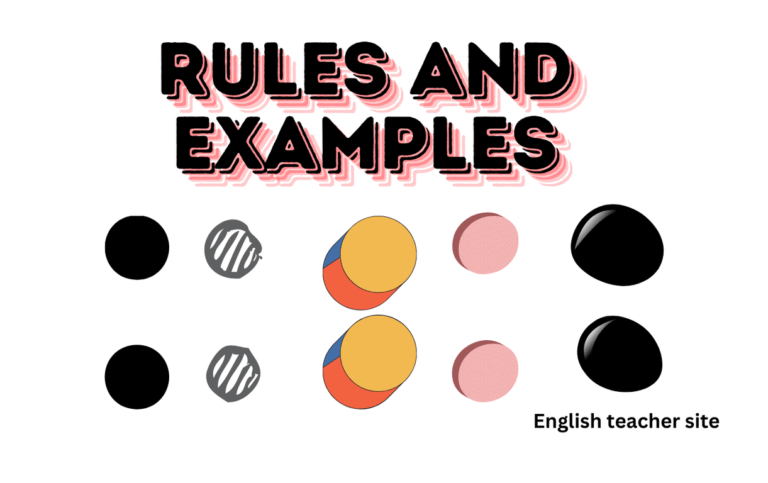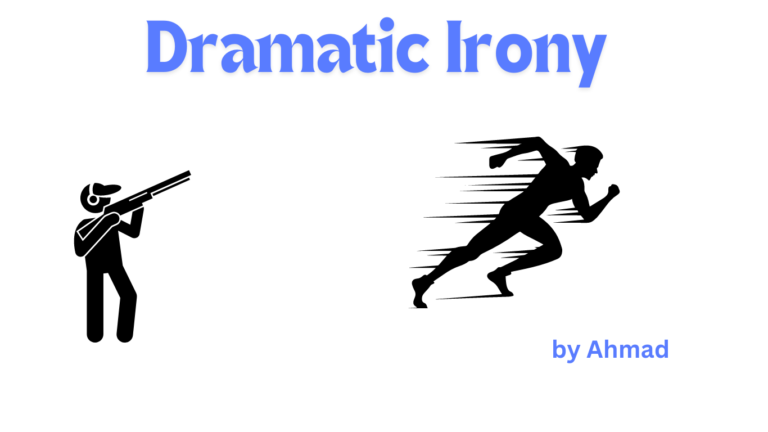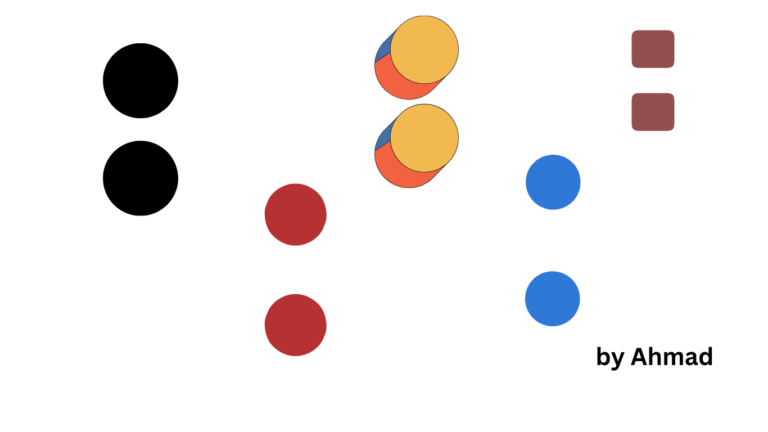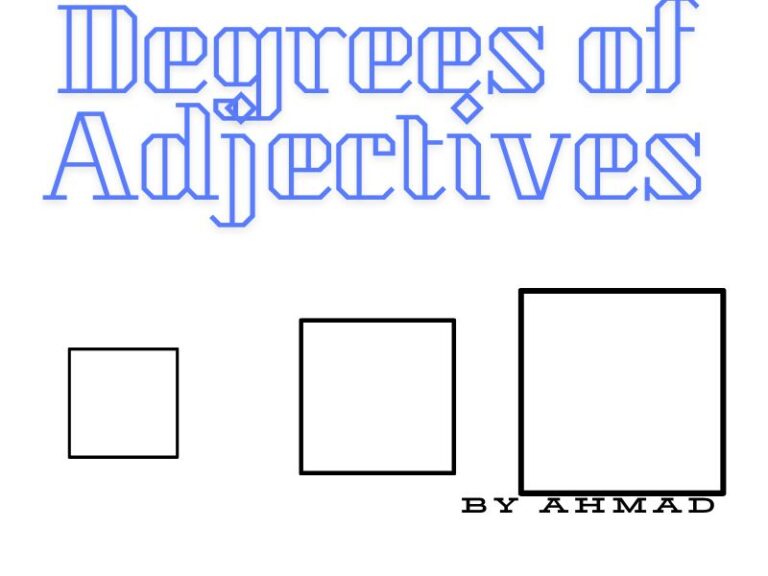How Do You Use a Colon: Rules and Examples for Clear Writing
How to Use a Colon? The colon is a versatile punctuation mark used to introduce a series of related items, a quote, or a clarification. It is a common tool in English grammar that offers a way to give emphasis, present dialogue, and even convey a bulleted list in a way that is cleaner than…










